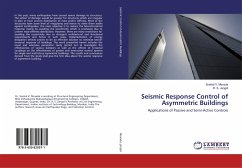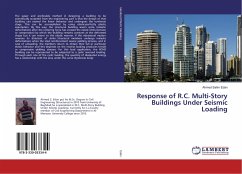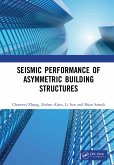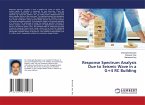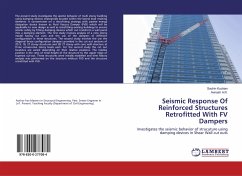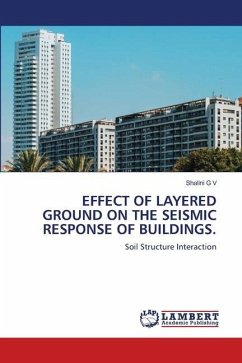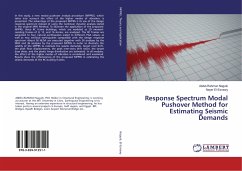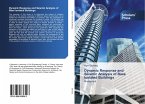In the past, many earthquakes have caused severe damage to structures. The extent of damage would be greater for structures which are irregular in plan or have uneven distribution of mass and/or stiffness. Most of the structures have some level of irregularity and hence to make them stable against earthquakes, the main objective is to reduce the lateral-torsional response mainly by avoiding the eccentricity which is produced due to uneven mass-stiffness distribution. However, there are many restrictions for avoiding the eccentricity due to stringent architectural and functional requirements and hence in such cases, implementation of energy dissipation devices proves to be an effective solution to minimize lateral-torsional response of buildings. The work presented herein includes the novel and extensive parametric study carried out to investigate the effectiveness of various dampers as well as the effects of torsional couplings on the effectiveness of passive and semi-active control systems for single and multi-story asymmetric buildings. The results and conclusions derived from the study shall give the firm idea about the seismic response of asymmetric building.

